Fee Regulation Fever: End of the road for India’s top private schools?
A December 27 judgement of the Gujarat high court upholding the Gujarat Self-Financed Schools (Regulation of Fees) Act, 2017 which prescribes absurdly low fees ceilings for all primary, secondary and higher secondary schools, has come as a thunderclap for private independent schools countrywide – Dilip Thakore For the more clued-up among the managements of India’s 320,000 private schools struggling to bridge the widening gap in K-12 education between India and not only the developed industrial countries of the West, but also with neighbouring China and the emergent countries of South-east Asia, new year celebrations were surely clouded. On December 27, a two-judge bench of the Gujarat high court upheld the Gujarat Self-Financed Schools (Regulation of Fees) Act, 2017, passed by the state legislative assembly in March last year. The Act prescribes upper fees limits of Rs.15,000, Rs.25,000 and Rs.27,000 per year for private primary, secondary and higher secondary schools in the state. Rejecting around 40 petitions which challenged the constitutional validity of the Act, a division bench of the high court (Chief Justice R. Subhash Reddy and Justice V.M. Pancholi) ruled that the state legislature is entitled to regulate the tuition and other fees of not only schools affiliated with the state board, but also of schools affiliated with the pan-India Central Board of Secondary Education (CBSE) and Council for Indian School Certificate Examinations, both based in Delhi. For the past 70 years since independence, schools affiliated with these national exam boards — and the small number affiliated with offshore exam boards such as Cambridge Assessment International Education (formerly CIE), UK, International Baccalaureate, Geneva, and Edexcel, UK — have been accepted as being beyond the administrative purview of state governments. Essentially, counsel for the petitioners argued that to set common tuition fee ceilings for all primary, secondary and higher secondary schools, which have invested varying amounts in infrastructure, teacher training, teacher-pupil ratios, sports and games facilities, is violative of Article 14 of the Constitution which guarantees all citizens (i.e, promoters of private schools) equality before the law. Indeed legal eagle and former Union minister Kapil Sibal who argued the petitioners’ appeal in the Supreme Court which was admitted on January 15 and listed for February 1, contended that the per student expenditure incurred by the Central government in its 1,140 Kendriya Vidyalaya schools is Rs.98,000 per year and therefore the tuition fees of Rs.15,000 for primary, Rs.25,000 for secondary and Rs.27,000 for higher secondary schools in Gujarat were ex facie absurd and violative of Article 14. In the Gujarat high court petitioners’ counsel argued that in the landmark T.M.A. Pai Foundation Case (2002), the majority of a full bench (11 judges) of the apex court had held that unaided or self-financed institutes of professional education are entitled to charge reasonable tuition fees and earn a surplus for the expansion and maintenance of their institutions. And in the matter of tuition fees, a seven-judge bench in P.A. Inamdar vs. State of Maharashtra (2005) was unequivocal. “Fees to be charged by unaided…












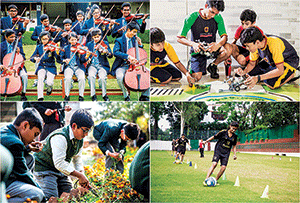


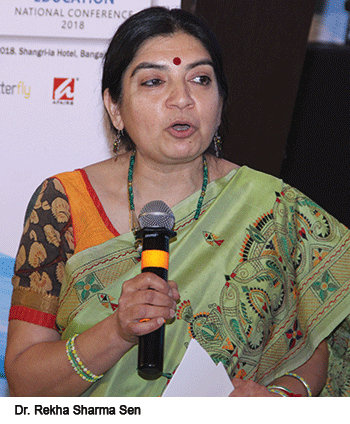

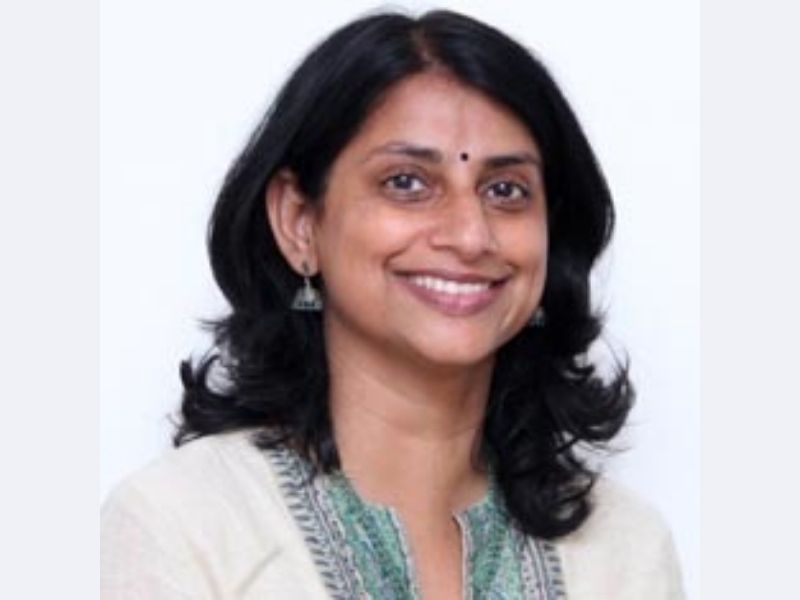
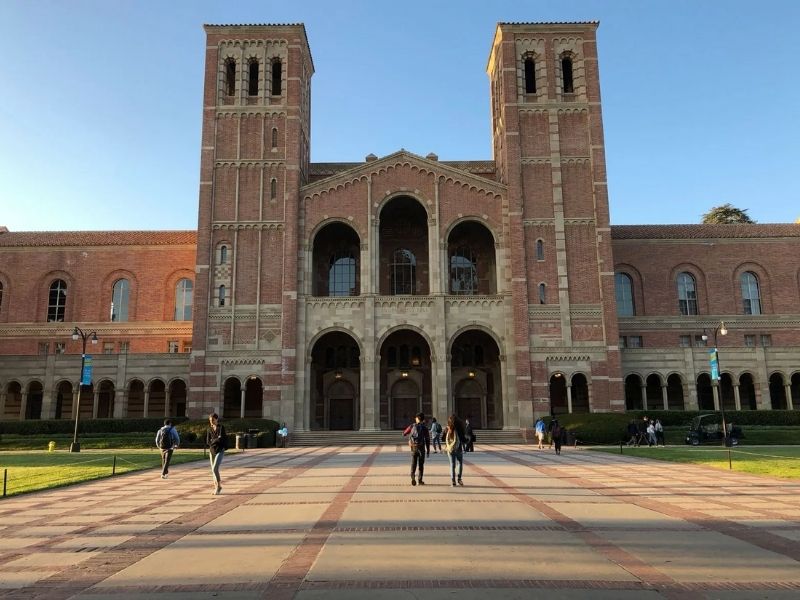
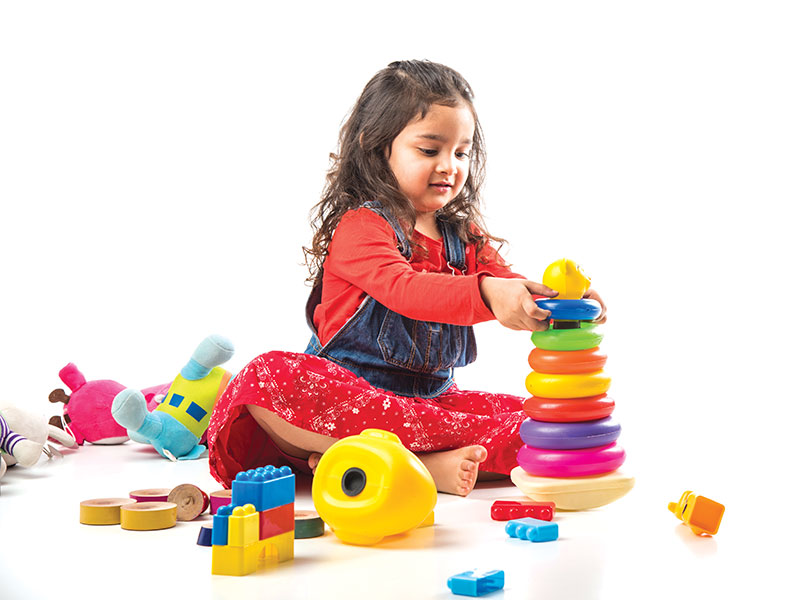
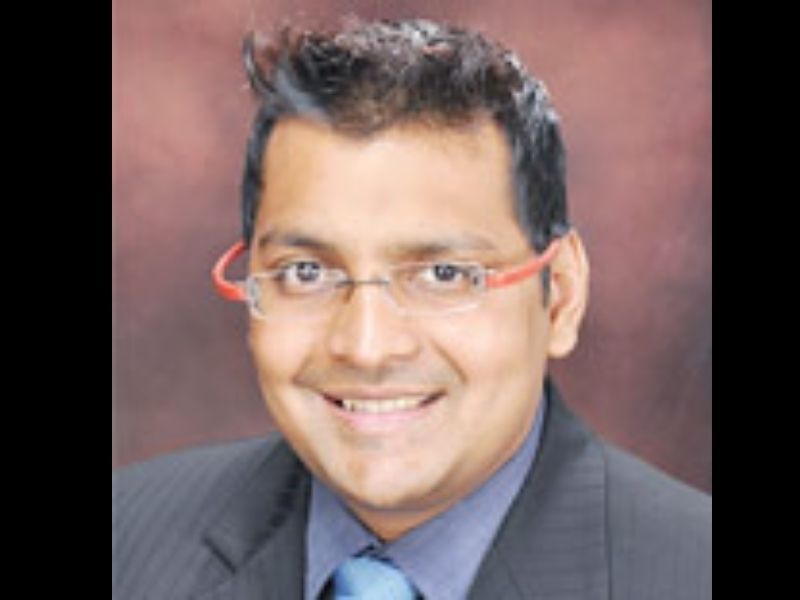
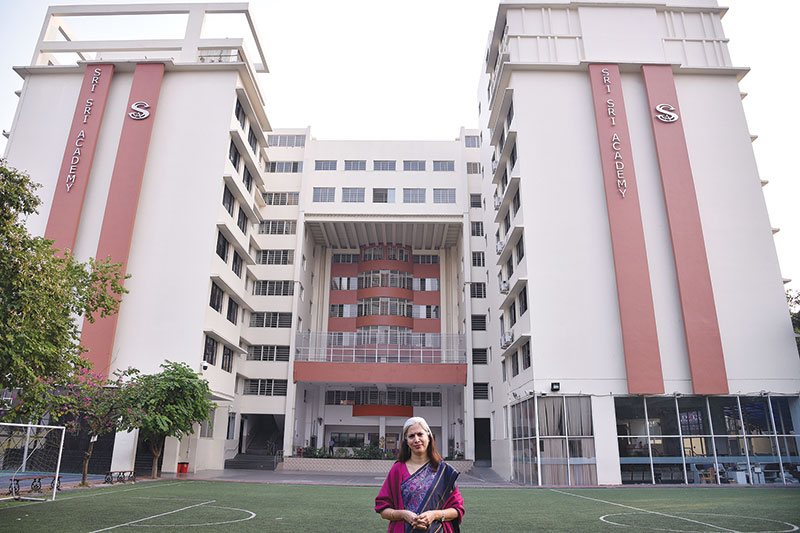


Encourage independent ECCE affiliation/accreditation boards: Swati Popat Vats
– Dr. Swati Popat Vats is founder-president of the Early Childhood Association and president of the Podar Education Network All class I-XII schools in India boast state, national and/or international exam/education board affiliation. However, preschools countrywide are not required to affiliate themselves with any board or accreditation authority which can certify their curriculums, child safety and other standards. This lacuna in early childhood care and education (ECCE) needs to be filled through creation of preschool affiliation boards. The Early Childhood Association of India (ECA), which has a membership of over 3,000 preschools countrywide, recently conducted an intensive quality audit of preschools in association with the Podar Institute of Education. The survey, which covered 1,920 preschool heads and 1,921 parents in Mumbai, Bangalore, Delhi and Pune, found that not only are parents unaware of what should be taught at every stage to youngest children in the 0-6 age group, even principals trusted by parents and trained in education are clueless about ECCE laws, policies and curriculums. The great majority of them are shackled by redundant practices and unwilling to change. Whats worse is that state governments are jumping in to enact policies to ‘regulate preschools without first defining the benchmarks and curriculum of a quality ECCE programme. In 2013, the previous government at the Centre prepared a National Early Childhood Care and Education (NECCE) policy which is an excellent document. But instead of adopting this policy in toto, state governments want to reinvent the wheel and waste public money on customising and adopting it to suit undefined local cultural conditions. Moreover, since ECCE falls within the jurisdictional ambit of the Union ministry of women and child development, there is confusion about state-level implementation of the NECCE policy. This leaves no choice but for private preschools to prepare their own curriculums. While some have prepared excellent child-friendly curriculums, the large majority follow age-inappropriate curriculums focusing on drilling children for primary school. Toddlers as young as two years are made to hold pencils and write over dotted lines in worksheets. Three-year-olds are made to recite nursery rhymes and then graded and marked on their ‘performance. This is the confused state of preschool education in the country today. The solution to the chaos in the country’s ECCE sector is creation of affiliation boards which will benefit all stakeholders — children, parents and preschool teachers. State governments could licence preschools (as some of them are clamouring to do — mainly to earn licensing fees) but the philosophy, curriculum, teacher training and other important aspects of ECCE should be prescribed and monitored by one or more affiliation/accreditation boards comprising ECCE professionals. The worlds largest ECCE association which affiliates most preschools in the US is an NGO — the National Association for the Education of Young Children (NAEYC). When I founded Podar Jumbo Kids 17 years ago, I was (and continue to remain) a member of NAEYC and have ensured that our preschools followed its ten standards prescribed for member preschools. The NAEYC process of affiliation/accreditation comprises…